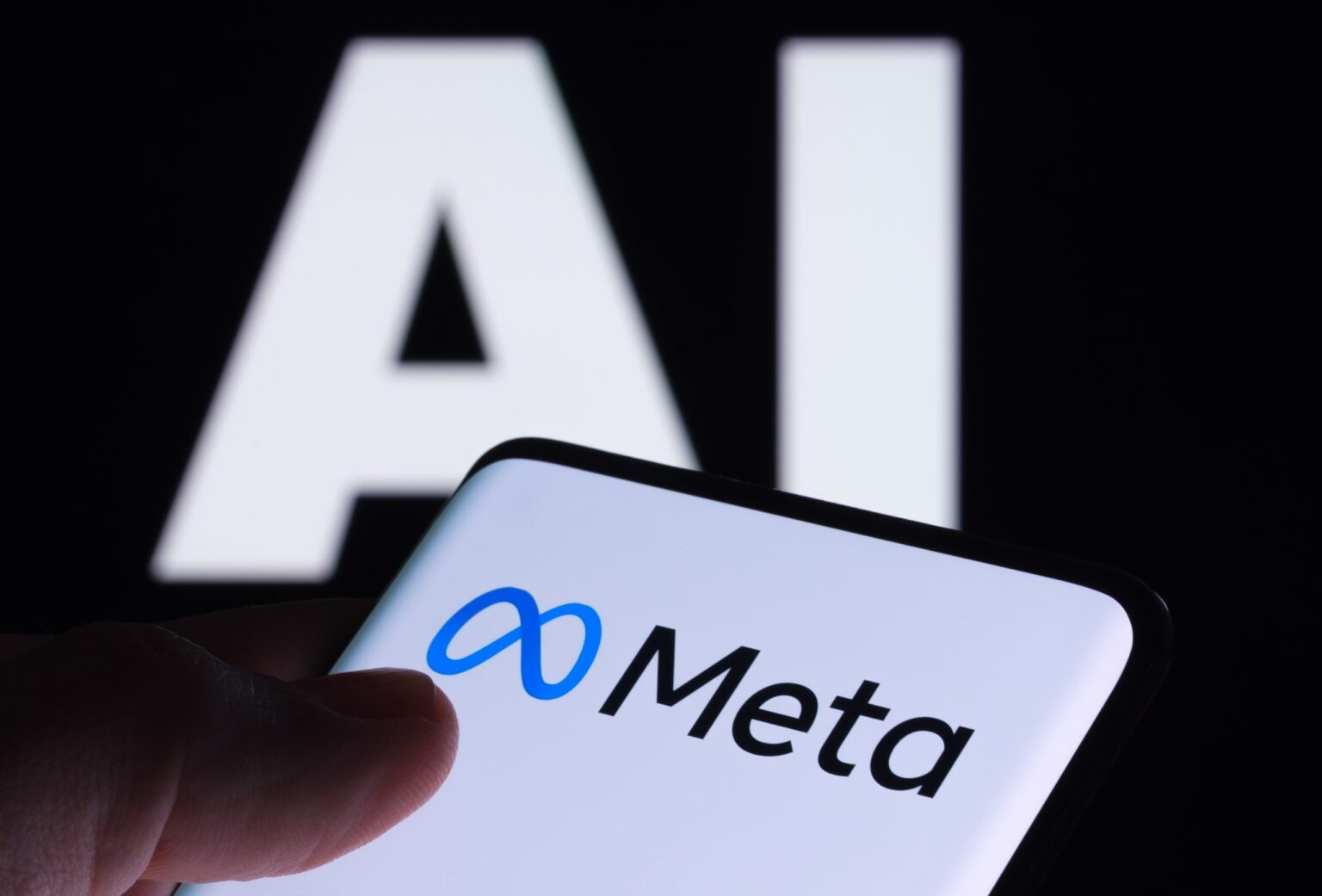Meta’s Mark Zuckerberg has announced that he is merging the company’s two advanced AI divisions to fast-track developments on general-purpose AI chatbots.
The reshuffling announced in an Instagram reel video signals Meta’s intent to dominate consumer-facing AI products and further escalate the fight with companies like Google and OpenAI.
Also read: Meta Introduces Tongue Movement Tracking in Latest VR Avatar Update
Zuckerberg’s vision for AI dominance
At the heart of Zuckerberg’s announcement is the fusion of Meta’s Fundamental AI Research (FAIR) and GenAI groups. Fair, established over a decade ago, has been a cornerstone in AI research, while GenAI, a more recent creation, focuses on generative AI products. This merger mirrors Alphabet’s previous consolidation of its AI research labs and is a clear indication of Meta’s intent to develop advanced AI models and expedite their commercial production.
Moreover, Zuckerberg’s emphasis on creating versatile AI that can cater to various needs, from assisting businesses to aiding creators, marks a departure from the company’s previous concentration on specialized AI applications. This shift is not just about keeping pace with technological advancements but also about capturing the imagination and interest of top AI talent.
“In order to build the products that we want to build, we need to build for general intelligence… A lot of the best researchers want to work on more ambitious problems.”
With a considerable number of Nvidia’s advanced H100 GPUs and their equivalents, Meta is gearing up for the intensive computational demands of developing advanced AI models. This hardware foundation is crucial for Meta’s ambition to lead in the generative AI space, where it currently competes with OpenAI’s GPT-4 and Google’s Gemini models.
The talent war in AI
The battle for AI supremacy is not just about technological advancements but also about attracting and retaining top talent. With Google reportedly offering seven-figure stock grants to its AI experts to prevent them from joining rivals like OpenAI, Zuckerberg’s reorganization is also a move to make Meta an attractive destination for AI researchers and engineers. By shifting the conversation to “general-purpose intelligence,” Zuckerberg aims to lure professionals interested in tackling more ambitious problems in AI.
Meta’s historical contributions to AI, such as breakthroughs in machine translation and computer vision and the development of the Llama 2 large language model, showcase its capabilities in the field. However, Zuckerberg’s latest pivot towards AGI indicates a recognition that the future of AI lies beyond specialized applications. It’s an acknowledgment that, to stay competitive and relevant, Meta must broaden its AI horizons.
Tying AI to the metaverse
In an interesting twist, Zuckerberg ties these AI strides with the metaverse concept, a virtual reality future that Meta has heavily invested in. He believes augmented reality glasses will serve as a critical interface between AI assistants and human beings in rendering real-time help and context. This vision aligns with the grander industry prediction, as voiced by figures like Bill Gates, that personal AI assistants will be the next big platform in computing.
Meta’s smart glasses are an attempt towards this goal and have been developed jointly with Ray-Ban. With promised AI enhancements, the line between the real and virtual worlds in daily life could get blurry. Zuckerberg’s strategy, therefore, entails not strictly leadership in AI but also shaping how AI will redefine how humans interact with the digital world.









 and then
and then